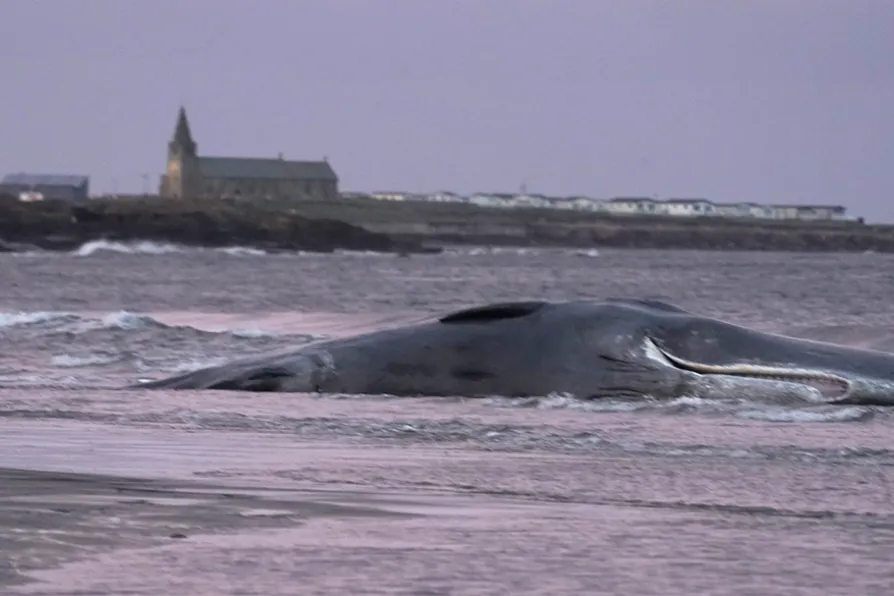The National Education Union general secretary speaks to Ben Chacko on growing calls to protect children from a toxic online culture

 The body of the Sperm Whale washed up at Newbiggin-by-the-Sea in Northumberland in October 2019
The body of the Sperm Whale washed up at Newbiggin-by-the-Sea in Northumberland in October 2019
CHECK the internet for Britain’s heaviest mammal and the answer will be the red deer. A fully grown healthy stag might weigh in at a quarter of a ton (250kg). Compare that with an African elephant that can weigh up to six tons.
Now marvel at the young – far from fully grown – sperm whale that washed up last week on a beach in north Norfolk. Best estimates reckon that it weighed in at 10 times as much as a bull elephant.
At nearly 60 tons that makes this British wild species one of the heaviest animals in the world. Only the blue whale – reaching up to 200 tons – and a couple of other whale species are heavier.

One of the major criticisms of China’s breakneck development in recent decades has been the impact on nature — returning after 15 years away, BEN CHACKO assessed whether the government’s recent turn to environmentalism has yielded results














